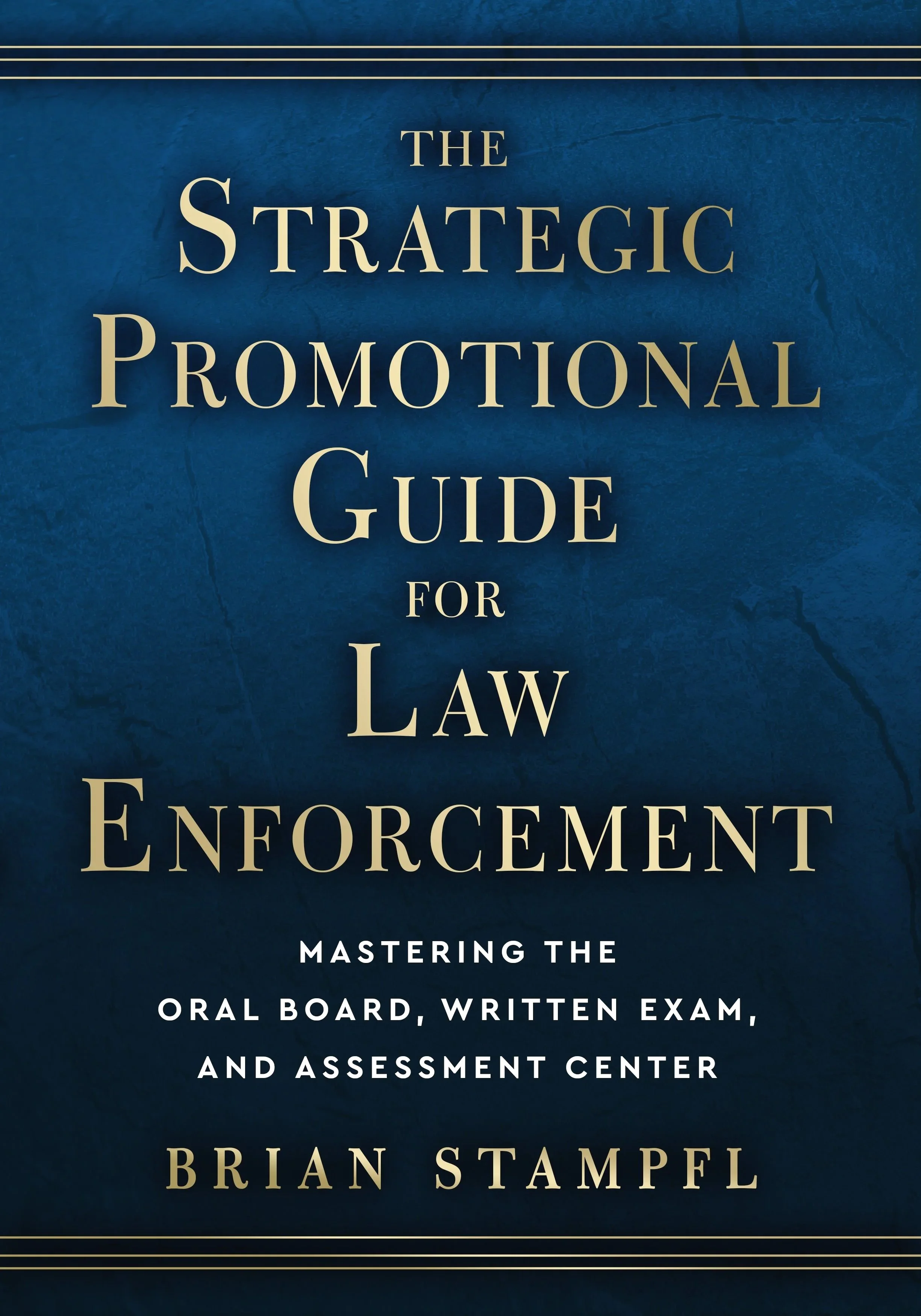About | Work With Me | My Book | Contact
BRIANSTAMPFL.COM
Law Enforcement Promotion Coach
Seattle Police Captain (Ret.) | 30+ Years Law Enforcement
"What truly sets him apart is his ability to foster self-awareness and emotional intelligence, empowering me to navigate complex challenges with confidence and composure."
James Sandberg - Delta PD
“The Strategic Promotional Guide for Law Enforcement”
